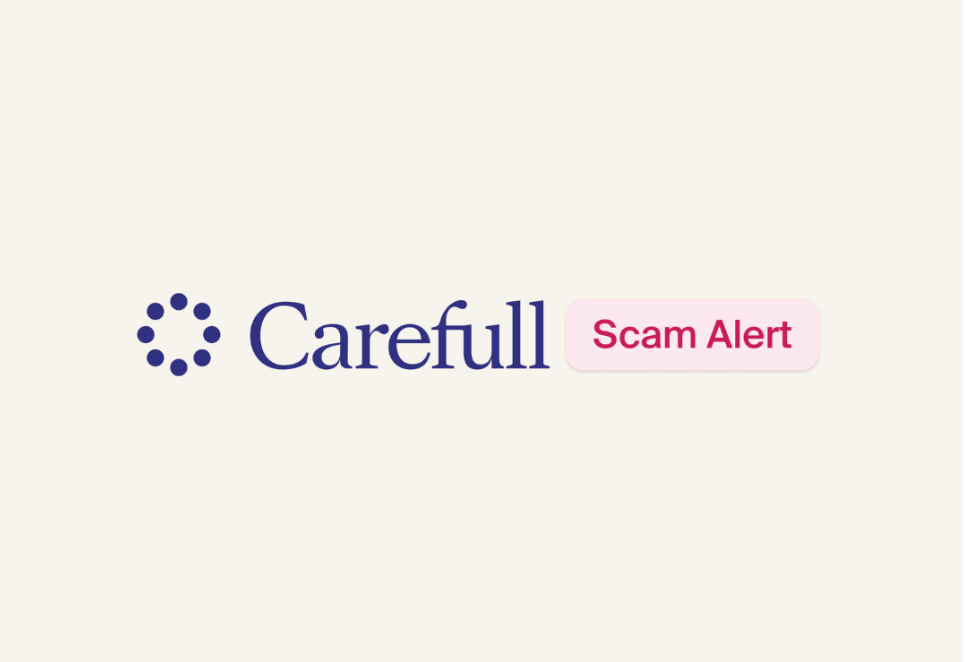What to Know About Recession Scams

Many economists and CEOs predict a recession is coming in 2023. How bad it will be and how long it will last is unknown. But one thing is for sure: Scammers will use the economic downturn to prey on people’s financial insecurity.
If history is any indication, fraud complaints will spike if the U.S. economy heads into a recession. The FBI’s Internet Crime Complaints Center saw a 22.3% increase in fraud complaints from 2008 to 2009 during the Great Recession. Complaints soared 69% from 2019 to 2020, when the U.S. had a short but severe recession sparked by the COVID-19 pandemic.
“Any time there is an economic downturn, there are guys who … take advantage of the situation,” says Adam Levin, cybersecurity expert and co-host of the What the Hack With Adam Levin podcast.
You’re also more likely to see certain ongoing scams, such as Ponzi schemes, come to light. “It’s the receding tide effect. The tide goes out when a recession occurs, and you see where the bodies are buried,” says attorney Jason Kellogg, who represents victims of fraud and is a partner with Levine Kellogg Lehman Schneider + Grossman.
That’s why it’s important to be aware of the ways scammers will use a recession to their advantage. Here are several scams that will likely appear during a recession and how you can avoid them.
Common recession scams
Expect to see an increase in these types of scams if the U.S. economy heads into a recession.
Debt-relief offers
Household debt in the U.S. is now $16.5 trillion—nearly $2.4 trillion than at the end of 2019 before the start of the last recession, according to the Federal Reserve Bank of New York. The share of debt that is delinquent also is on the rise. If there is a recession, then even more Americans could struggle with making debt payments on time.
AARP Director of Fraud Prevention Kathy Stokes warns that scammers will try to take advantage of this situation. “When someone contacts you to say they can help you get out of debt, don’t trust that,” she says. “Don’t let help come to you—99% of the time, it’s fraudulent.”
If you need help getting out of debt, reach out to the National Foundation for Credit Counseling. Its counselors can help you create a debt payoff plan at a low or no cost.
Employment scams
Scammers will prey on people looking for work with fake offers of employment. These jobs will be listed on social media sites, in advertisements and even on legitimate online job boards. And they typically will be easy, work-from-home jobs with big paychecks.
For example, Stokes says a scammer pretending to be an employer might ask you to deposit a check in your bank account, use a payment app such as Venmo to send the money to two entities and keep $100 for yourself as payment. However, the check will be fake, and you’ll be out the money you sent to those two entities.
Telltale signs of an employment scam include a request for your personal information such as your Social Security number before hiring you, request for payment to get a job and a job offer without any sort of interview or screening.
Government imposter scams
Government imposter scams already are rampant. They likely will increase in a recession as scammers prey on people looking for government relief payments and programs.
These scams might appear in the form of tax relief offers or demands for payment of taxes owed. “IRS scams will explode because people are panicked about money,” Levin says. Offers for student loan forgiveness might continue to circulate—even if the government’s student loan forgiveness program doesn’t proceed. There could be offers for increased Social Security benefit payments, or threats of a suspension of benefits unless a fee is paid.
Be aware that government agencies don’t initiate contact by phone, email or text message. So if someone claiming to be with a government agency reaches out to you in any of these ways, it’s a scam.
Investment fraud
Criminals could try to exploit investors with new schemes. However, you’re more likely to see scams such as Ponzi schemes that have been ongoing come to light in a recession, Kellogg says.
Ponzi scheme organizers promise to invest your money and generate high returns but don’t actually invest the money. Instead, they keep most of the money and use some of it to make payments to investors. The scheme can collapse when investors want to get their money out in a recession and there’s not enough new money coming in to make those payouts. For example, Kellogg points out that the Bernie Madoff Ponzi scheme was exposed in 2008 during the Great Recession when Madoff couldn’t keep up with redemption requests.
If you are approached to invest in—or have already invested in—any sort of investment that supposedly has consistently high returns, Kellogg says you should question why the returns are so high, especially given the recent market volatility. “You need to understand why your investment is paying off,” he says. Go see a financial advisor, go see a lawyer to look at the papers you were given when you invested … If you didn’t get papers, that’s another red flag.”
[ See: What Is Investment Fraud and How to Avoid It ]
Lottery and sweepstakes scams
Levin expects lottery and sweepstakes scams to pick up during a recession. Some scammers will even watch the news for mass layoffs and target people in towns where those layoffs happen, he says.
They’ll call, email or even send letters with promises of prizes. However, to increase your odds of winning a sweepstakes or to collect your prize, you’ll be asked to pay a fee or advance taxes by wiring money or purchasing a gift card and sharing the card number. Or you might be asked for your bank account information to receive a prize—another telltale sign of a scam.
How to avoid recession scams
One of the best ways to avoid scammers in a recession is to live by the rule, “If it sounds too good to be true, it probably is too good to be true,” Kellogg says. Offers for high-paying jobs with little work, investments with high returns and no risk, big prizes for sweepstakes you didn’t enter or debt forgiveness for a small fee are not legitimate.
You also should take the following steps:
- Don’t give your personal or account information to anyone who calls, texts or emails claiming to be with a government agency.
- Don’t wire money, use gift cards, pay with cryptocurrency or a payment app to anyone claiming you owe taxes, must pay a fee to win a prize or make a payment to avoid a negative outcome. Legitimate companies, agencies and organizations won’t ask for these forms of payment.
- Don’t click on links in emails or text messages, even if they appear to come from government agencies or legitimate companies. These links could direct to fake websites that will steal your personal information or could include malware that will infect your device.
- Don’t overshare on social media about your financial situation. Scammers can use this information to take advantage of you.
- Don’t rely on other people to do your due diligence. Just because a friend recommends an investment to you doesn’t mean that it is legitimate. Investment frauds, in particular, rely on word of mouth to spread to new victims, Kellogg says.
- Do your research before investing. Request written information about the investment that is being offered. Use the FINRA BrokerCheck to see if the person or company offering you investments is licensed and, if so, whether there are any complaints about that person. And talk with someone you trust before making investment decisions.
- Ignore threats. Don’t be pressured into making a payment or sharing personal information. Legitimate organizations won’t threaten to arrest you or suspend any government benefits you might be receiving.
Also, staying informed about the latest scams can help you avoid them. “If you know about a specific scam, you’re 80% less likely to engage with it,” Stokes says. “If you do engage, you’re 40% less likely to lose money.” You can sign up for biweekly Watchdog Alerts from AARP or visit BBB.org to learn about the latest scams.
Be sure to warn aging parents and loved ones about scams, too. Raising their awareness can help reduce the risk that they will be exploited.
[ Keep Reading: How Your Risk of Financial Exploitation Increases With Age ]

3 Steps to Safer Money,
Try it Free for 30 Days
Step 1
Start your free,
no-risk trial
Step 2
Connect the accounts and cards you want protected
Step 3
Stay alerted to any
unusual activity



.png)



